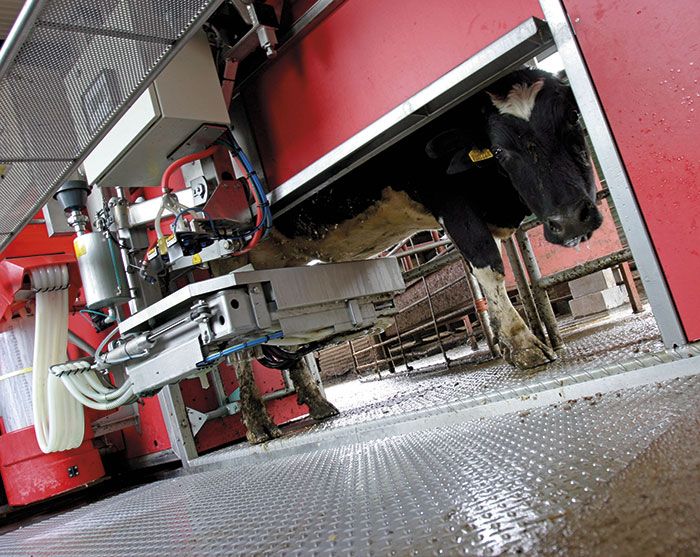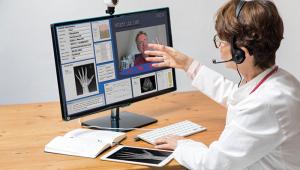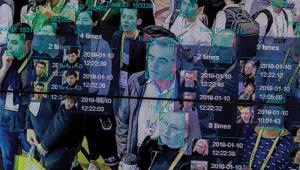
Some friends recently visited a small dairy farm in France and were amazed to find that it was run almost entirely robotically. The cows decided when they were ready to be milked; as they entered the milking shed, they were identified by electronic tags, brushed and cleaned before lasers pinpointed where to fix the milking pumps. At the same time, the milk was tested, and computers recorded stats on quality, quantity and the cows’ health. My friends felt they had glimpsed the future!
It can feel the same way for public services. In policing, for example, almost every crime now has a digital footprint, as perpetrators are tracked by their mobile phone records and captured on body cameras, with police cars fast becoming mini datacentres. Our cities offer remote monitoring and automated systems to protect us and guide our cars. We have smart transport systems, with travel apps that analyse real-time data to plan and optimise journeys, together with cashless payment and automatic number plate recognition systems that automatically collect taxes such as the London congestion charge. Plus, we are moving into an era where healthcare can be tailored to the individual, using genomics, big data and powerful analytics; where AI has the potential to diagnose more accurately and much faster than any human doctor.
This future offers huge opportunities for improving the quality of people’s lives, reducing costs and transforming how we live. But we will only get the full benefits if service users, public sector employees and the general public have trust and confidence in the underlying technologies.
You know yourself that if you trust a website you will use it to quickly complete a transaction. If you are uncertain, you may not use it or will rightly spend time checking and reviewing. As trust increases, usage increases. More important, transaction speeds increase manyfold, and operating costs reduce dramatically.
Revelations such as Cambridge Analytica using Facebook to collect unauthorised personal data on 50 million voters to allegedly influence the 2016 US election, together with the role that algorithms play in spreading fake news, make the public much more wary of blindly adopting new technologies.
This means we need to focus much more on security and stewardship of systems and data to ensure that trust and confidence are built in at the design stage. Too often, security is considered relatively late in the day, with the result that it becomes a clunky and inefficient addition. We need to think in terms of ‘security by design’, where it is a fundamental enabler.
Auditors and information security specialists must be involved at the outline business case stage. They need to understand what their organisations are trying to achieve and why, and how best to deliver those benefits in a secure way that will ensure trust and confidence.
As we glimpse more of what the future can offer, some of the dangers are also becoming more apparent. Security and governance can often be perceived as barriers to innovation. They are not; they are integral to the successful implementation of new services, especially transformative ones.
John Thornton is the director of e-ssential Resources and an independent adviser on business transformation, financial management and innovation.
[email protected]




















